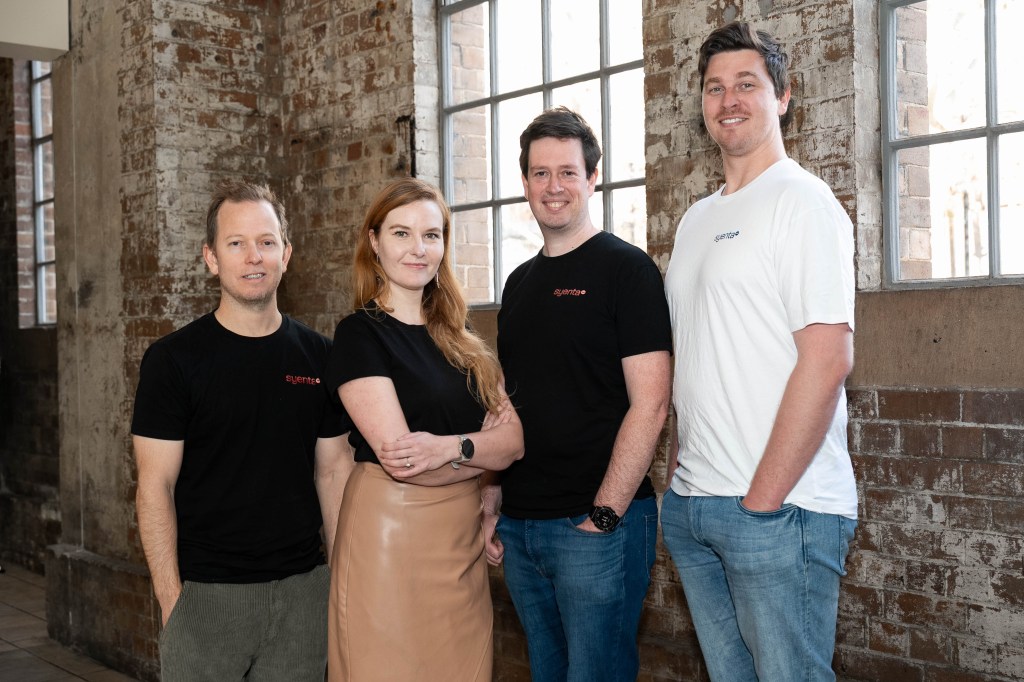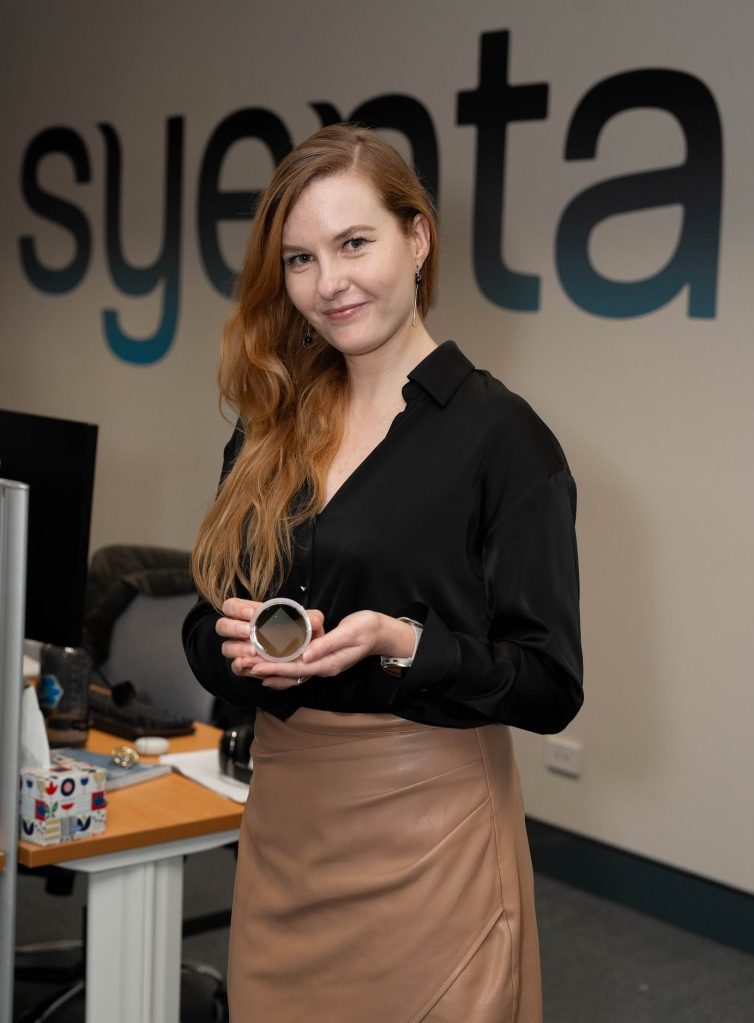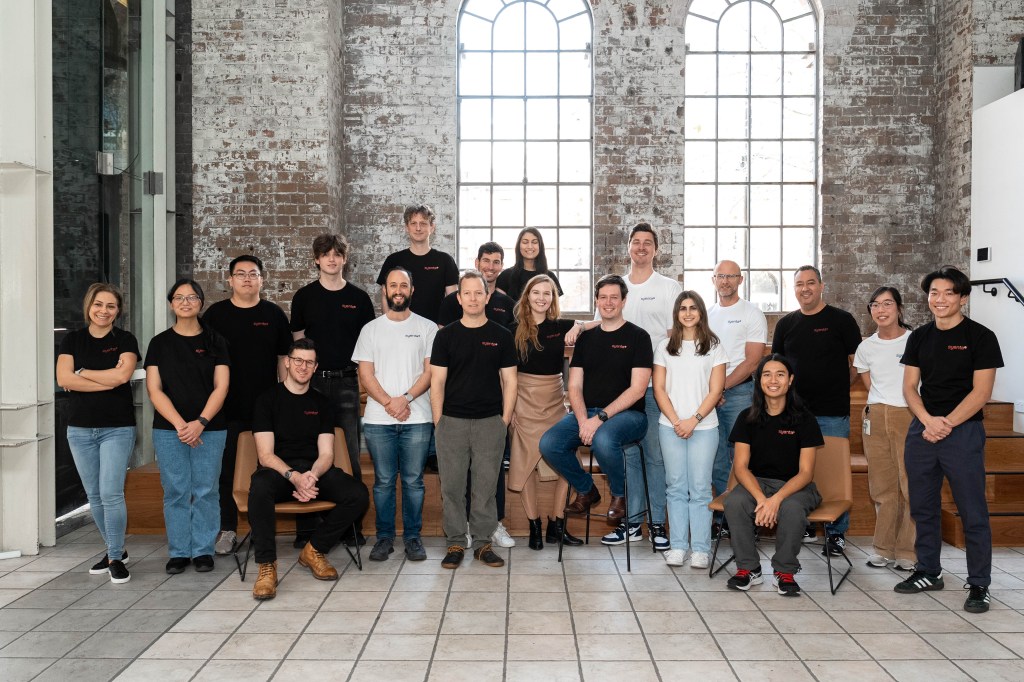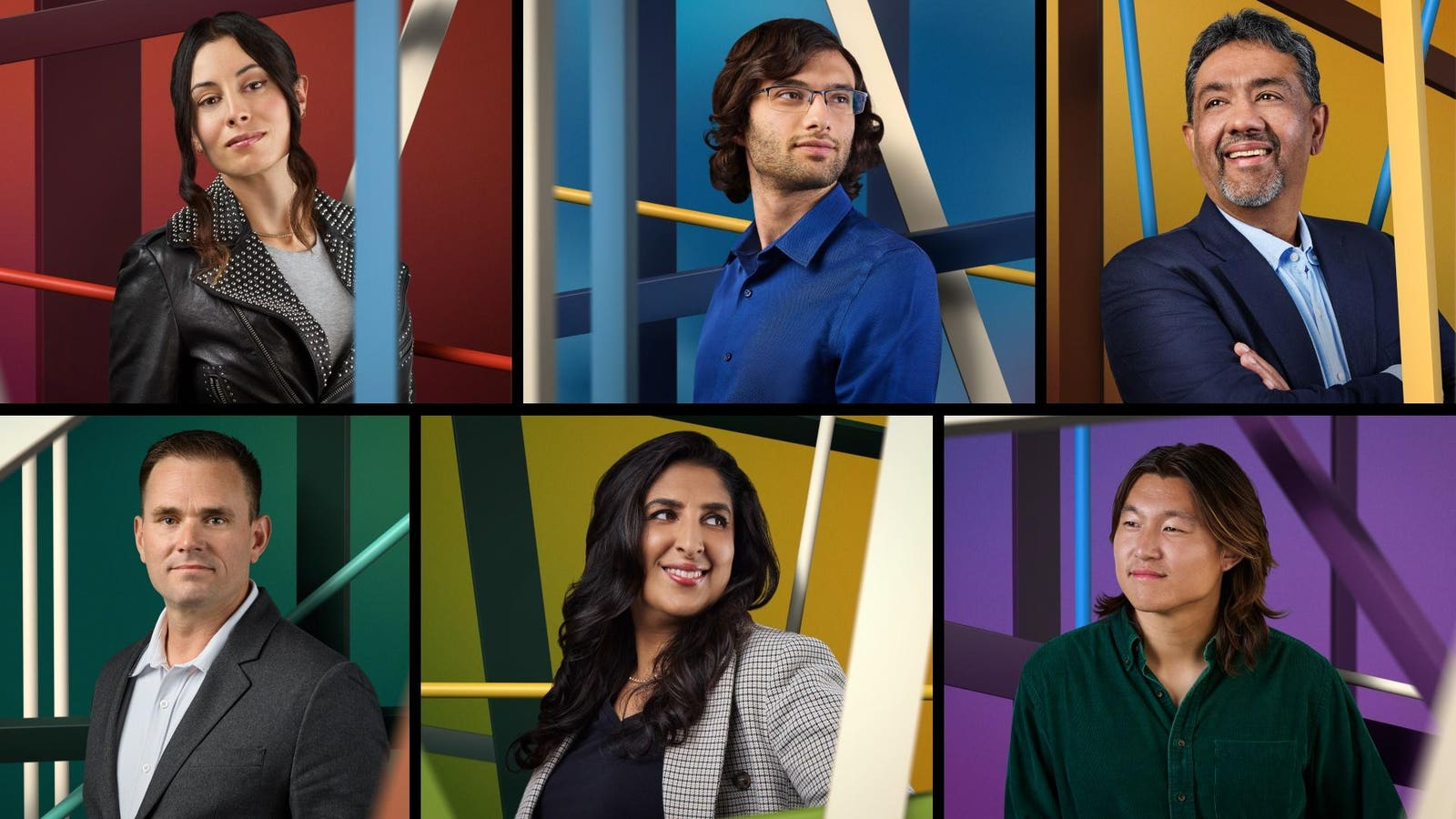The Sydney-headquartered startup led by Dr Jekaterina Viktorova was spun out of ANU in 2022. Its proprietary chip packaging breakthrough could unlock the next generation of AI and quantum computing.

Demand for AI chips is off-the-charts, and discussions about the importance of sovereign AI are at an all-time high. Yet in Australia, very few companies are attempting semiconductor technology, leaving it to Taiwan, the US, and South Korea, which have long-held expertise in the space.
This week, Syenta – an ANU spinout tackling the advanced packaging of semiconductors – has received a major cash infusion to take its next steps forward and put the proprietary Localised Electrochemical Manufacturing (LEM) innovation it is pioneering on the map.
“There’s this connected part between cheap chiplets that currently are not keeping up with the demand in AI compute,” co-founder and CEO Dr Jeka Viktorova tells Forbes Australia in an exclusive interview.
“Our method accelerates this connection, and we’re able to build the parts that connect it to chiplets much faster than conventional technology.”
Syenta’s unique solution overcomes a frustrating bottleneck in semiconductor packaging and has the potential to make AI and quantum chips more efficient.
“A good way to think about it is we build very, very tiny metal, up to about a 100th the width of human hair,” Syenta COO and co-founder Zachary Dowse says.
“We’re able to build many, many, tiny highways between two chips where information can flow extremely quickly – far faster than what is currently available on the market. By building these highways between chips, we’re able to increase the performance of those chips, specifically for the AI application.”
At the heart of the problem Syenta is solving is the concept of memory bandwidth – the speed at which data can move – and the conundrum of the memory wall, which is the delta between memory bandwidth and the advanced speed of processors.
“It didn’t matter how many roadblocks you threw in front of the train, we were going to drive over them and be successful.”
Zach Dowse, Syenta co-founder and COO
“It’s now one of the biggest bottlenecks in AI performance,” a Syenta report reads. “In the last 20 years, processor speeds have improved about 60,000 times, but memory bandwidth has only improved 100 times, and the connections (called interconnects) between components have only improved 30 times.”
The patented Syenta solution to the memory wall, may eventually be used in the manufacturing process of chips in other countries.
“Currently, everything we build, we build in our lab downstairs,” says Dowse. “Having said that, our technology is a part of a process. It’s a capability that someone like TSMC [Taiwan Semiconductor Manufacturing Company] will license to build a new AMD or Nvidia chip.”
The importance of chips in the AI age
A PhD-led company enabling better chip performance has drawn attention from an impressive roster of Australian and international VCs. Investible led the AUD$8.8 million pre-series A fundraise.
Blackbird Ventures, Jelix Ventures and Brindabella Capital participated in the seed round in 2022 and have returned for the pre-Series A raise. OIF Ventures, Salus Ventures, Robyn Denholm’s Wollemi Capital Group, Singapore’s SGInnovate, and Arlington, Virginia-based intelligence VC In-Q-Tel also contributed to the pre-series A.
In addition to AI and quantum chips, the packaging technology the Syenta team have developed can potentially have applications to other emerging technologies.
“There was the computer wave, and then the mobile phone wave, and now we’re in the AI wave,” says Viktorova. “The next wave will be the quantum wave, and potentially the next one after that will be the neuromorphic wave. The funny thing about all of those waves is that they’re powered by the semiconductor revolution.”
“Australia has really positioned itself as a quantum thought leader in the world. And one of the ways quantum is going to realize its potential in Australia, is by being supported through advanced packaging.”
Jeka Viktorova, Syenta co-founder and CEO
Sydney and Singapore-based Investible says the company could become a world leader in this space.
“Syenta is a key technology enabler for the next generation of AI infrastructure and high-performance computing (HPC) chips, particularly as semiconductor chip fabrication levels are unable to keep up with current demand for generative AI infrastructure,” says Nicholas Ooi, an investor at Investible.
Unrelenting obsession
What impressed Ooi and the Investible team is the deep academic and materials development experience of the Syenta founders, and their patented LEM technology.
Viktorova was born in Latvia and moved to Germany to study Chemistry at University. She completed a Masters specialising in printed electronics (otherwise known as additively manufactured electronics) in 2016. It was there at a university campus in Aachen, Germany that the entrepreneurial scientist started tackling a problem that she would finally solve five years later, on the opposite side of the world.
“What we wanted to do is build devices at scale in an environmentally friendly way and in a cheap way as well, without lots of steps that remove and build materials. Basically, to simplify, make it low cost, make it easy to use,” explains Viktorova.
At that time, the tools weren’t good enough and the field wasn’t mature enough to achieve those goals.

In 2019, Viktorova relocated to Canberra to undertake a doctorate specialising in 3D printing of functional materials with ANU.
“Half a year into doing my PhD, I started building Syenta. It was always a company in my mind, even though it began as a PhD. I started participating in accelerators and that’s how I met Zach,” says Viktorova.
Within a year, the then 28-year-old expat’s work on the ANU campus was disrupted by COVID-19.
“During lockdowns, all I cared about is taking my tech home with me, because I wanted to continue developing it,” says Viktorova. “It was not particularly safe, to say the least, because it did involve some transportation of chemicals, et cetera. But in the end, I think that might have been one of the success factors of Syenta – that relentless obsession.”
By 2022, Viktorova had incorporated the company with her co-founders, neuroscientist Dowse, Professor Luke Connal, a global expert in materials science and CTO Ben Wilkinson, who specialises in photovoltaics and applied physics. The name Syenta was inspired by the intersection of semiconductors and science.
“I think that might have been one of the success factors of Syenta – that relentless obsession.”
Jeka Viktorova, Syenta co-founder and CEO
Connal was a professor at ANU and partnered with Viktorova to find a solution to a long-held frustration.
“The foundational technology came all the way from my obsessive brain in Germany in 2017,” says Viktorova with a laugh. “We had this idea of using electrochemistry to manufacture electronics. It combines high-resolution stamping with electrochemistry, which is basically electroplating – think about chroming on your car wheels, it is that type of technology.”
The electrochemistry approach allows what was a process of 18 steps to be condensed into 12, and what takes weeks into a matter of minutes.

The CEO knew that commercialising a solution in an industry as competitive as semiconductors would take deep pockets. She was introduced to Blackbird partner Niki Scevak by a colleague at ANU, and despite its early stages, was impressed by his willingness to see the big picture of where Syenta could go.
“My first pitch to Niki was in 2022, when we were raising our seed. We had this grand semiconductor ambition, and we had very little evidence in the lab to prove it,” says Viktorova.
“He keeps me accountable to that large ambition and never lets me downgrade it, which was probably the best support you can receive from your investor – keeping you on track, helping you strategise forward, and always re-raising the bar,” says Viktorova.
Today, Syenta has a team of 30 people spread across Europe, Arizona and Australia. Neuroscientist and fellow ANU alumni Dowse, who has experience operating startups and fundraising, says it was Viktorova’s unrelenting ambition that persuaded him to get on board with Syenta.
“The team really gave me a sense of belief that this was actually going to happen, and it didn’t matter how many roadblocks you threw in front of the train driving forward, we were going to drive over them and be successful,” says Dowse.
“The second thing is that there are aspects of our technology which others in the world just can’t replicate. It really is world-leading.”
Look back on the week that was with hand-picked articles from Australia and around the world. Sign up to the Forbes Australia newsletter here or become a member here.


